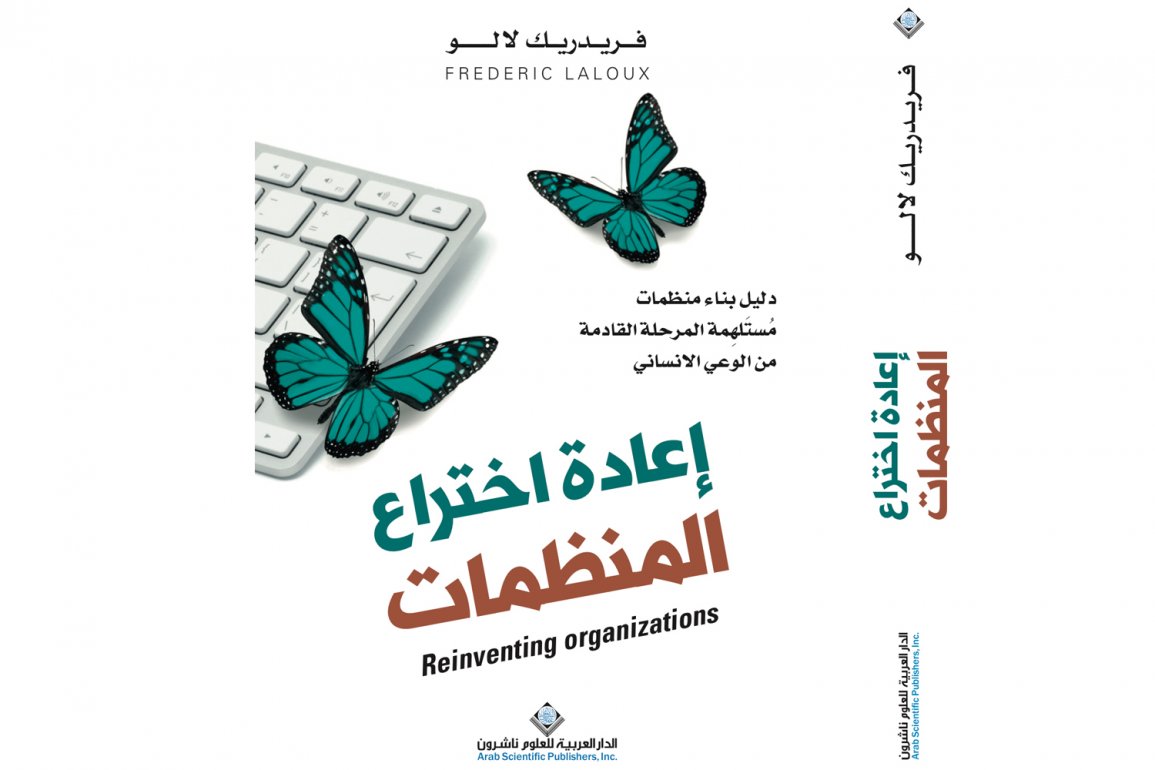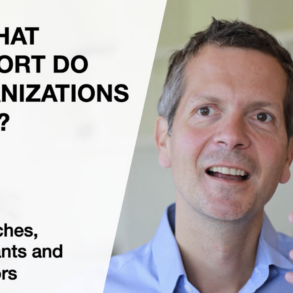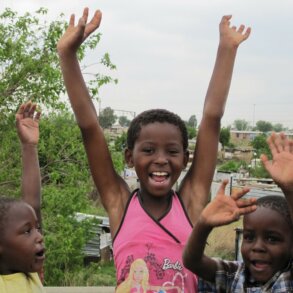By Wael Alalwani for Enlivening Edge Magazine
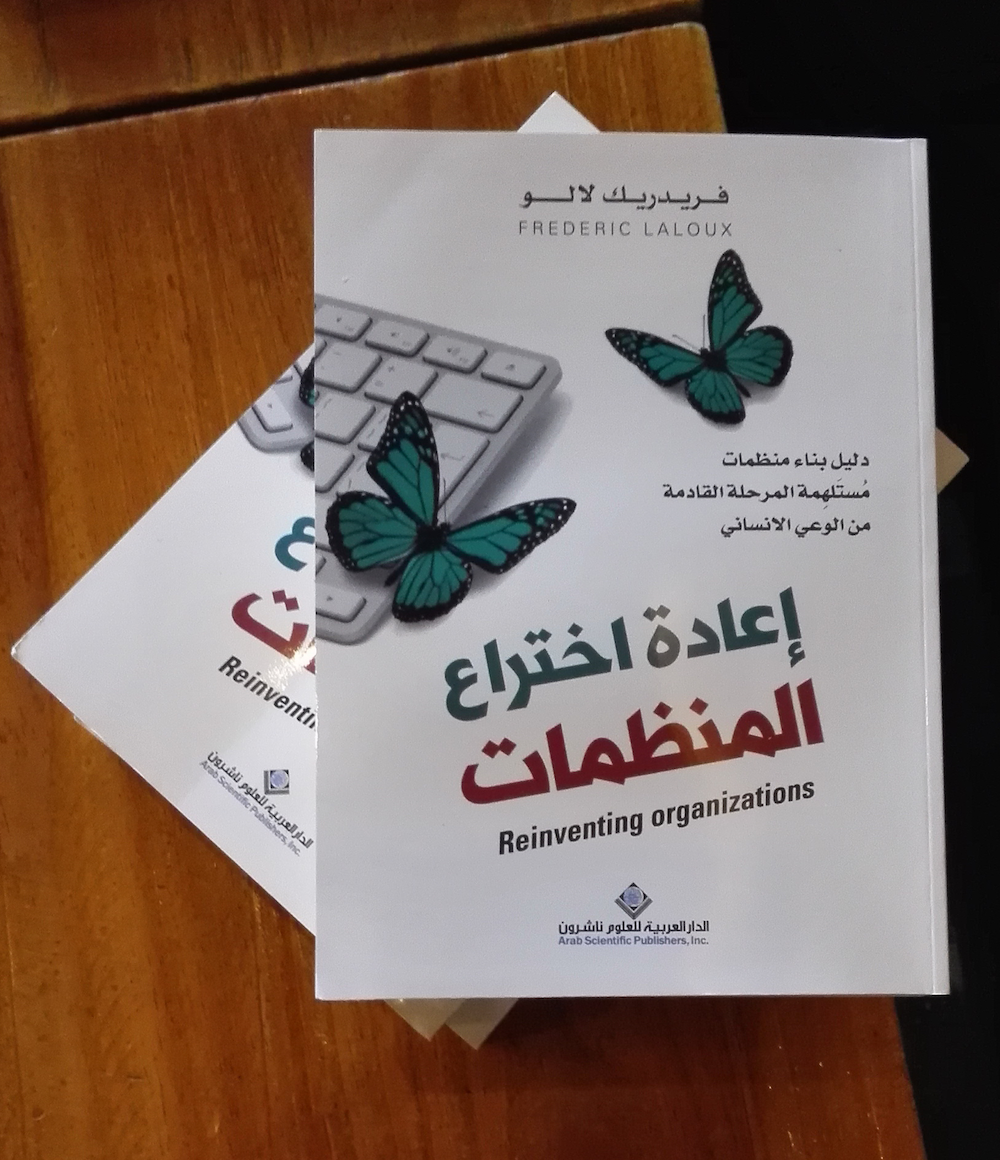 It is a pleasure to announce that after an intellectually and emotionally profound journey, the Arabic version of the book Reinventing Organizations is finally out in the market and available in print and electronic editions.
It is a pleasure to announce that after an intellectually and emotionally profound journey, the Arabic version of the book Reinventing Organizations is finally out in the market and available in print and electronic editions.
The translators, Zaher Alhaj and Wael Alalwani (myself), have published a website that offers the Arabic book under the “Pay What Feels Right” method. The website will promote the book and its key messages and philosophies in the Arab world.
A Personal Story
Six years ago while working on side projects, I found Rob Cross’s work in Organizational Network Analysis and it was very interesting for me, as someone who works in data analysis fields. Simultaneously, a close friend, Mohammad Ashoor, introduced me to Spiral Dynamics and Integral Theory as he has interests in human development theories.
We realized that if we somehow brought these two powerful concepts together (ONA and SD), then we could help companies become better places. Since then, we self-studied and did some work in real companies, then we started our startup two years ago.
We found it very difficult to convince people of what we were doing, and to show them the bigger picture. Talking about Holacracy and preaching its concepts was not enough.
Also, my partner and I were dragged into daily tasks that kept us at a distance from developing convincing offerings or better solutions.
This was until we stumbled upon the RO book. The book was a fascinating piece of art to us. It answered many questions and put things into perspective. For example, we realized that the organizational network analysis we did for most companies, mainly operating from the Orange paradigm, would help them develop within the Orange’s spectrum (horizontal transition), but not to evolve to next paradigms, because simply they did not have the two prerequisites discussed in the book: both the top leadership and owners of the organization must embrace Evolutionary-Teal worldview.
We know of course that RO research findings are not “statistically significant” in the way statistical researchers put it, but this great RO research showed a sharp logic and accumulative experience in reaching and adopting the Evolutionary-Teal paradigm. It made us realize that we can propose better Orange/Green practices or import ones from higher paradigms without wasting time and energy convincing the clients to do something that is not compatible with their consciousness level, even through change management.
And for those who are prepared to explore the transition to the Teal level, then we are ready to learn with them. RO work definitely saved us great efforts and introduced us to actual companies operating from Teal perspective and having great practices. Also, it made us aware of international communities like Enlivening Edge, and we started to follow their work.
We closed the startup shortly after, due to many reasons, but we continued to spread the word, and this is when another friend, Zaher, suggested the idea of translating the book.
The Translation
Probably one of the main motivations behind translating this book, a process that took us about one year, is to show the Arab world that there is an alternative way to run companies and societies.
The Arab Spring was murdered by counter-revolutions of previous regimes and systems, and the whole region was torn apart (especially Zaher’s country and mine, Syria). We believe RO work along with others’ focusing on abundance not scarcity, to sense and respond rather than to predict and control, would help the region revive.
We understand that most of the book’s ideas would be extremely counter-intuitive to widely adopted perceptions in the Arab world (and even globally). However, we believe that the book’s impact will not stop at professionals working in organizations; it will transcend that and reach everyone seeking change in the Arab world.
We believe Teal ideas will help Arab people actuate themselves and revive the Arab Spring but this time from within their organizations, which will inevitably have an impact on the society as a whole, with lower direct confrontation with dictatorships.
Translating the book is the first step in raising awareness and getting some share in the “attention economy” we live in. It should build up toward actual doing and experimentation. We have many ideas like creating a video series on Youtube, starting a discussion group (community of interest) that also detects organizations operating from Teal perspective in the Middle East, and appearing on TV channels. Also, we are thinking of developing a training kit/course. The latter is an easier way to reach the core majority of organizations here in the region.
Executing these initiatives that target the Arab world, and integrate with the global communities and movements, requires more believers in the RO message. So, if you are an Arab speaker, or if you know Arab speakers, or any networks in Arabic-speaking countries, who might be interested in this work, please forward this article to them.
Warm hugs,
Wael
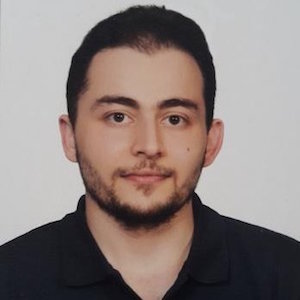 Wael Alalwani works as a data management and analysis consultant in the Middle East and Canada. He has special interests in social network analysis, graph databases, and systems thinking. He publishes Arabic articles that shed light on global projects and movements that could inspire positive change in the Middle East.
Wael Alalwani works as a data management and analysis consultant in the Middle East and Canada. He has special interests in social network analysis, graph databases, and systems thinking. He publishes Arabic articles that shed light on global projects and movements that could inspire positive change in the Middle East.
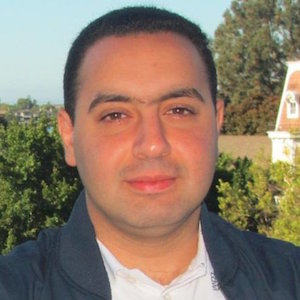 Zaher Alhaj works as a digital transformation consultant in the Middle East and Australia. He utilizes many concepts in his work including change management, data management, enterprise architecture, and Agile approaches. He publishes Arabic articles that discuss the trends and new waves in the business transformation and analysis worlds.
Zaher Alhaj works as a digital transformation consultant in the Middle East and Australia. He utilizes many concepts in his work including change management, data management, enterprise architecture, and Agile approaches. He publishes Arabic articles that discuss the trends and new waves in the business transformation and analysis worlds.
